Custom vs. Template Websites: Which Is Best for Your Brand?

1. A custom-built website
2. A template-based website

The truth is, website templates work well for some companies, while custom websites are essential for others. Your choice will be influenced by numerous factors, some of which I’ll delve into later. However, key factors to keep in mind include your budget, project timeline, the level of branding needed, the uniqueness you want, and the user experience.
It’s vital to research thoroughly before making a decision. Ensure you grasp the advantages and limitations of both options. Having a clear understanding of your long-term business objectives is essential to make sure your choice aligns with your ultimate goals.
What is a Custom Website Design?

Unlike websites built on platforms like Joomla or WordPress, custom website designs are not constrained by pre-existing templates. Many organizations, including large businesses, prefer custom websites because they tend to be more effective in driving sales and fostering business growth compared to templates.
With a custom website design, your site is tailored specifically to your business. You won’t waste money on unnecessary features or functionalities as you might with templates.
Building a custom website involves starting from scratch, creating each functionality your business needs. This process can be time-consuming and more expensive than using a template.
If you lack knowledge in website design and development, you’ll need to hire web design professionals to create your custom site. However, this investment will enable you to make any necessary changes or updates to your website in the future. Now, let’s explore the advantages of opting for a custom website.
Advantages of a Custom Built Website

Unique: Custom websites achieve a higher level of uniqueness as their initial design is crafted specifically for your business. Templates are often used by many others.
User Experience: Provide a custom and effective user experience to your website visitors, enhancing your conversion rates.
Responsive: The majority of modern custom websites are responsive, automatically adjusting to the visitor’s device for a better viewing experience.
Effective Marketing Tool: Businesses with clear, long-term marketing strategies can create websites that align closely with their marketing approach.
Disadvantages of a Custom Built Website
Expensive: Custom websites can be costly, which deters some small businesses. However, the investment often pays off over time with improved marketing results.
Time Restraints: Custom websites involve more work and, as a result, can take more time to develop.
Lack of Expertise: Finding the right web developer, especially for complex or detailed websites, can be challenging. It’s crucial to work with someone who understands your requirements to accurately portray them on your site.
What is a Template Website Design?

Templates come with built-in options and are easy to set up, allowing you to get your website online quickly, even if you’re not skilled in coding.
While templates offer convenience, they provide limited options for future design updates.
Various platforms and website providers offer themes and templates for business website design. Some popular examples include WordPress, Wix, Webflow, GoDaddy, and Squarespace. WordPress and Webflow, for instance, offer a range of themes, both free and paid.
A themed approach is suitable for simple websites with minimal custom requirements, saving time and money on design and development. You can then invest in an effective digital marketing strategy to attract and engage potential customers.
However, over time, template-based websites may encounter issues such as slow loading times. Some web design companies may not provide ongoing support or maintenance for template-based sites due to their limited knowledge of the underlying code.
Now, let’s explore the advantages and disadvantages of using website templates.
Advantages of a Template-Based Website
Pros of Christmas-Themed UI Designs

Cost-Effective: Templates require a smaller initial investment to launch a website. With basic design needs and available time, you can create a website at minimal cost.
Quick Setup: Templates come pre-built, so you only need to add your content, images, and make minor edits. You can hire a web developer to expedite this process.
Disadvantages of a Template-Based Website
Limited Customization: Templates are less customizable compared to custom websites, as they are pre-built with set features.
Lack of Uniqueness: Template-based websites lack uniqueness, often looking similar to others that use the same or similar templates.
Difficulty Finding the Right Template: If you have a specific design concept in mind, finding a template that truly aligns with your vision can be challenging.
Slow Site Speed: Many template websites are not optimized for speed, resulting in longer loading times, which can affect user experience.
Limitations: Templates confine you to their predefined design and navigation capabilities.
Responsiveness: Not all templates are responsive, which is important for search engine rankings and mobile user experience, though more themes are becoming responsive.
Limited Functionality: Adding or altering certain functionalities in a template can be difficult unless you’re an expert in web development.
Final Thoughts
On the other hand, if you’re short on time and budget and lack specific design requirements, a website template is a practical choice. It’s suitable for those without coding skills who need a basic website to showcase their business. However, it’s important to note that template websites, while more affordable and quicker to set up, may not offer the same level of customization as a custom site. They often require additional maintenance and third-party plugins for proper functionality, limiting your brand expression, feature usage, and growth potential. While they provide initial cost savings, they can lead to higher costs in the long run.





